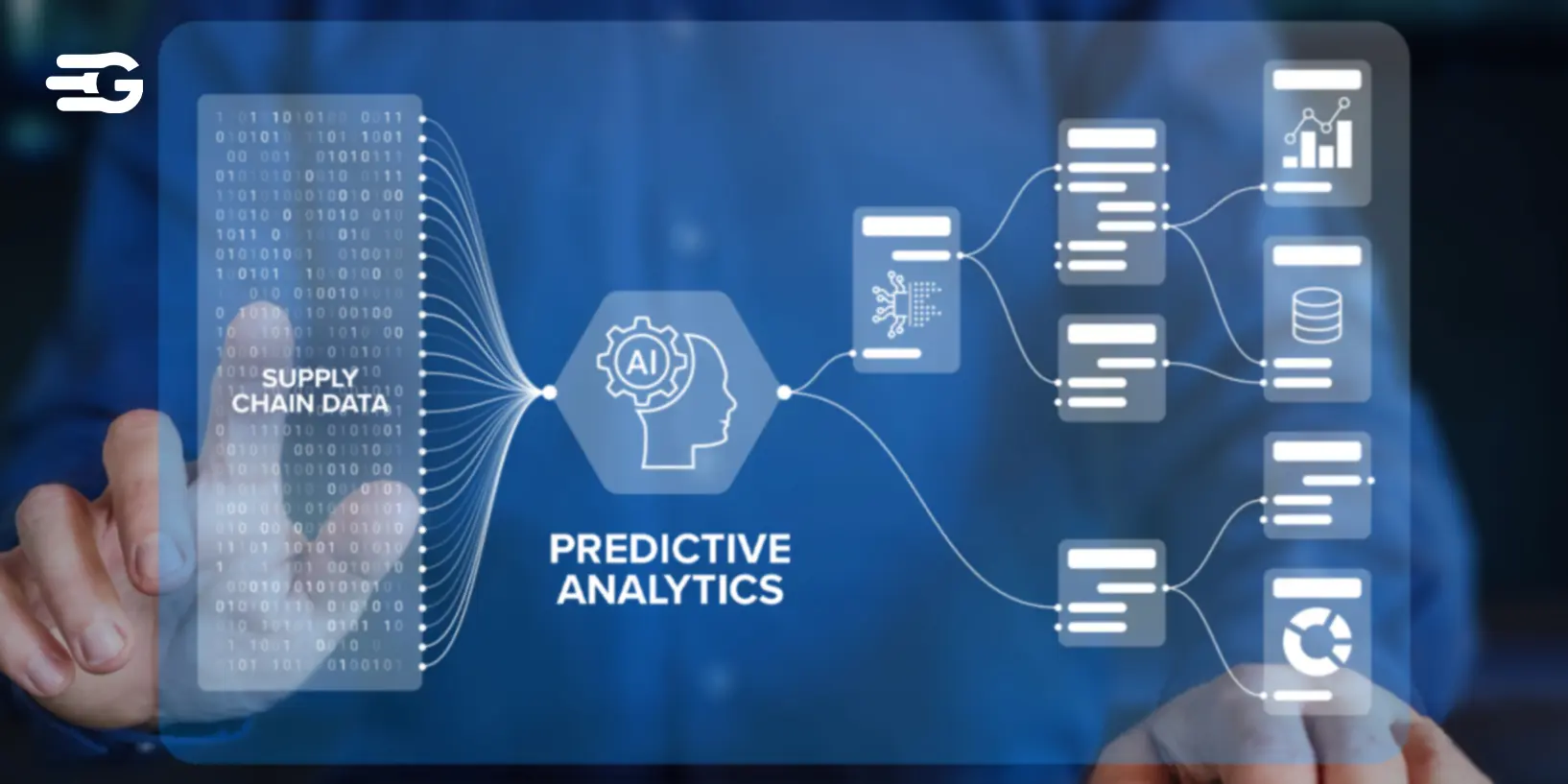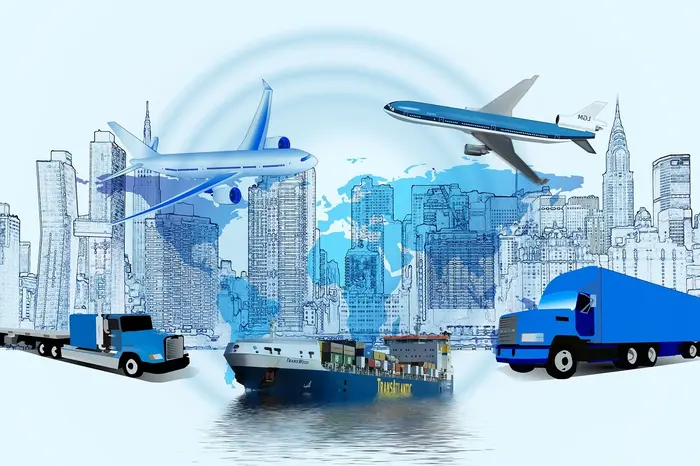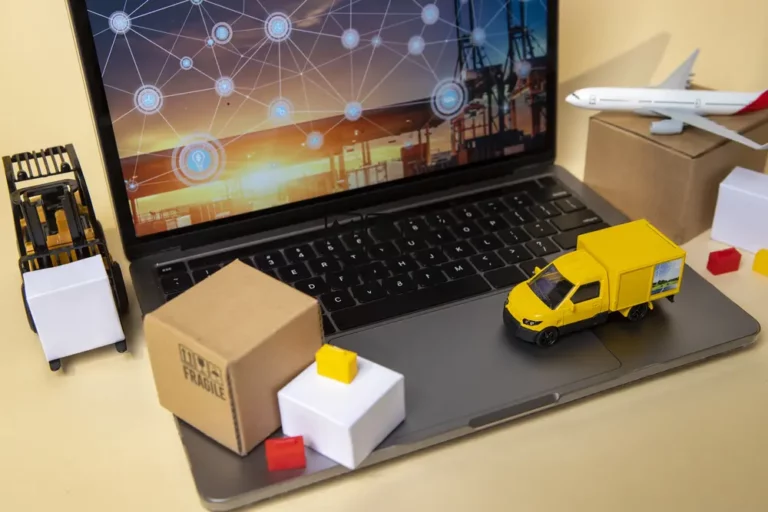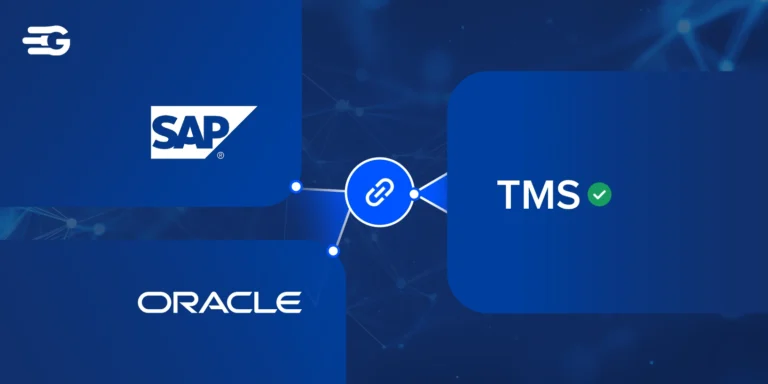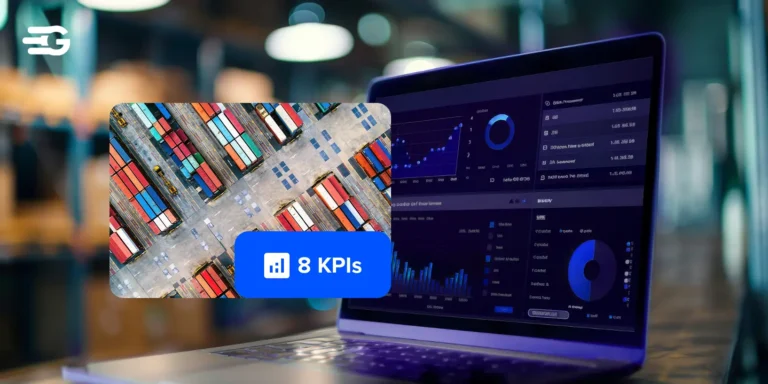AI-Powered Supply Chain Control Tower Software: A New Era of Predictive Management
In today’s dynamic and often unpredictable global supply chain landscape, businesses are increasingly turning to advanced technologies to gain a competitive edge. Traditional management systems are struggling to cope with the complexities of modern logistics, where disruptions—from natural disasters to geopolitical tensions—can severely impact operations.
Enter AI-powered supply chain control tower software: a centralized hub that leverage artificial intelligence (AI) and machine learning (ML) to provide real-time visibility, predictive analytics, and proactive decision-making capabilities. These systems are not just an evolution; they represent a fundamental shift towards a more resilient, agile, and predictive approach to supply chain management.
The modern supply chain is a complex network of suppliers, manufacturers, distributors, and retailers operating in a highly interconnected environment. With global trade volumes continuing to rise, the need for enhanced oversight and control has never been more critical. However, traditional control systems are often reactive—they can only respond to issues after they occur, rather than anticipating them.
AI-powered control towers are transforming this reactive model by integrating data from a myriad of sources and using advanced algorithms to forecast potential disruptions. For instance, by analyzing historical trends and real-time data, these systems can improve forecast accuracy from roughly 70% to as high as 90%. This leap in precision not only minimizes unexpected downtimes but also optimizes inventory levels, reducing excess stock by up to 25%.
What Is AI-Powered Supply Chain Control Tower Software?
Supply chain control tower softwares serve as centralized nerve centers that monitor every facet of the supply chain. They integrate data from various systems—such as IoT sensors, ERP platforms, and third-party logistics providers—to offer a consolidated view of operations. When enhanced with AI, these control towers evolve from simple monitoring hubs to intelligent systems capable of:
Real-Time Monitoring: Continuous tracking of shipments, inventory, and transportation routes.
Predictive Analytics: Analyzing historical and real-time data to forecast future events, such as demand surges or potential bottlenecks.
Automated Decision-Making: Utilizing AI algorithms to make timely adjustments in operations, thereby reducing the need for manual intervention.
Dynamic Dashboards: Offering visual insights that allow supply chain managers to quickly understand and react to emerging issues.
By providing these capabilities, AI-powered control towers not only improve visibility but also empower organizations to move from a reactive to a proactive management approach.
Curious to see a demo of Logistics Control Tower? We are hosting a webinar on 23rd April 2025 – Register Now!
The Role of AI in Predictive Supply Chain Management
AI has become a critical enabler in the transition toward predictive supply chain management. Its applications span several areas:
Demand Forecasting: Traditional forecasting methods can leave companies vulnerable to inaccuracies. AI models, however, analyze a broad range of data—including historical sales figures, market trends, and even weather patterns—to forecast demand with significantly higher accuracy. This enhanced forecasting allows businesses to adjust production schedules and inventory levels more effectively.
Risk Mitigation: Supply chain disruptions can be costly. AI powered supply chain control tower softwares assess data on everything from weather conditions to political events, enabling companies to identify potential risks before they materialize. This early warning system allows for preventive measures, reducing the impact of disruptions.
Inventory Optimization: One of the critical challenges in supply chain management is maintaining optimal inventory levels. AI-driven insights help companies avoid overstocking and stockouts, thus reducing holding costs and improving cash flow. In some cases, companies have seen a reduction in excess inventory by up to 25%.
Route Optimization: Efficient logistics involve selecting the best routes for transportation. AI-powered supply chain control tower softwares analyze real-time data on traffic, weather, and geopolitical risks to recommend the fastest and most cost-effective routes. This not only shortens delivery times but also reduces fuel consumption and related costs.
Key Benefits of AI-Powered Control Towers
Implementing an AI-powered supply chain control tower software offers a multitude of strategic advantages for modern supply chains:
Enhanced Visibility: With end-to-end tracking of goods and shipments, businesses gain a complete view of their supply chain operations. This transparency facilitates better decision-making and improves coordination among all stakeholders.
Proactive Risk Management: By identifying potential issues before they escalate, AI-powered systems help organizations mitigate risks effectively, ensuring continuity in operations.
Operational Efficiency: Automation of routine tasks, such as order processing and inventory management, leads to significant reductions in manual labor and operational costs.
Cost Savings: AI-driven insights allow for better planning and resource allocation. For example, companies leveraging these technologies have achieved up to a 20% reduction in freight costs by optimizing routes and negotiating better shipping rates.
Scalability: AI systems are designed to handle increasing volumes of data and complexity, supporting business growth without a proportional increase in costs.
Challenges in Implementing AI Supply Chain Control Tower Software
Despite the compelling benefits, several challenges must be addressed to fully leverage the potential of AI-powered control towers:
Data Integration: One of the most significant hurdles is the consolidation of data from multiple, often fragmented, sources. Ensuring data accuracy and consistency requires robust integration frameworks.
High Initial Investment: The deployment of AI-powered systems involves considerable upfront costs for technology, infrastructure, and training. Businesses must conduct a thorough cost-benefit analysis to justify the investment.
Change Management: Transitioning from legacy systems to an AI-driven model requires not only technological upgrades but also a cultural shift within the organization. Employees need to be trained to adapt to new processes and tools.
Data Security: With the increasing reliance on digital data, safeguarding sensitive information against cyber threats is paramount. Companies must invest in advanced cybersecurity measures to protect their data assets.
GoComet’s AI-Powered Supply Chain Control Tower Software
GoComet has emerged as a leading provider in the realm of AI-driven supply chain management. Their innovative supply chain control tower software exemplifies how technology can revolutionize traditional supply chain operations. Here’s what sets GoComet apart:
Real-Time Visibility: GoComet’s platform continuously tracks shipments across the globe, ensuring that businesses have immediate access to critical data about their cargo.
Predictive ETA: By analyzing a range of factors—such as historical data, weather conditions, and port congestion—GoComet accurately predicts Estimated Time of Arrival (ETA), which enables better planning and minimizes delays.
Proactive Delay Management: The system identifies potential delays before they occur and recommends alternative routes or corrective measures, thus minimizing disruptions.
Cost Optimization: Through sophisticated analytics, GoComet helps businesses negotiate better freight rates and optimize shipping routes, contributing to substantial cost savings. In one success story, a multinational electronics manufacturer reported a 20% reduction in freight costs and a 15% improvement in delivery timelines after adopting GoComet’s solution.
Automated Notifications: Real-time alerts keep all stakeholders informed about critical events and deviations from the planned schedule, ensuring swift and effective responses.
Future Trends in AI-Powered Control Towers
The future of supply chain control tower softwares is brimming with innovation. As technology continues to evolve, several trends are likely to redefine supply chain management:
Integration of Generative AI:
Generative AI is expected to play a significant role in simulating various supply chain scenarios. By generating multiple “what-if” scenarios, businesses can stress-test their supply chain strategies and optimize operations for various potential disruptions. This technology will enhance decision-making by providing dynamic and data-driven insights into future events.
Autonomous Decision-Making:
The next frontier in AI-powered supply chain control tower softwares is the development of systems capable of autonomous decision-making. As machine learning algorithms continue to evolve, these systems will be able to make complex operational decisions with minimal human intervention. This shift will enable a more agile and responsive supply chain, where decisions are made in real time based on the latest data and predictive insights.
Blockchain Integration for Enhanced Collaboration:
Blockchain technology offers a robust solution for data integrity and transparency. By integrating blockchain with AI-powered supply chain control tower softwares, companies can ensure that all data—whether it pertains to inventory, shipments, or financial transactions—is secure and tamper-proof. This integration will facilitate seamless collaboration among supply chain partners, fostering trust and improving overall efficiency.
Leveraging 5G for Faster Data Transmission:
The adoption of 5G networks is set to revolutionize real-time data analytics. With faster data transmission speeds and lower latency, 5G will enable AI-powered supply chain control tower softwares to process and analyze vast amounts of data almost instantaneously. This enhancement will support even more responsive decision-making, further reducing delays and improving operational efficiency.
Focus on Sustainability and Green Logistics:
Sustainability is becoming a critical component of modern supply chain strategies. Future supply chain control tower softwares will incorporate tools to monitor and minimize the environmental impact of logistics operations. By optimizing routes and reducing fuel consumption, these systems can help companies achieve greener supply chains. Moreover, by tracking emissions and energy usage, AI can contribute to a more sustainable operational model, aligning with global efforts to combat climate change.
Edge Computing and IoT Integration:
As IoT devices become more prevalent in supply chain environments, edge computing will play a crucial role in processing data closer to its source. This reduces latency and enhances the responsiveness of AI-powered supply chain control tower softwares, particularly in remote or complex logistics networks. The combination of edge computing and AI will further streamline operations and enable even more precise predictive analytics.
AI-powered supply chain control tower softwares are not merely a technological upgrade; they are a strategic imperative for businesses aiming to thrive in an increasingly competitive and unpredictable market. By offering enhanced visibility, proactive risk management, and significant cost savings, these systems empower companies to transition from reactive to predictive supply chain management.
GoComet’s innovative solution exemplifies how integrating AI into the supply chain can yield measurable benefits. As we look to the future, advancements such as generative AI, autonomous decision-making, blockchain integration, and 5G connectivity will continue to shape the landscape of supply chain management. These trends promise not only to further enhance efficiency and responsiveness but also to drive sustainability and secure collaboration across global networks.
For organizations willing to embrace these transformative technologies, the payoff is clear: a more resilient, agile, and cost-effective supply chain capable of weathering the storms of modern global commerce. The era of AI-powered supply chain control tower softwares is here, and with it comes a new paradigm in predictive supply chain management that is set to redefine the industry.
